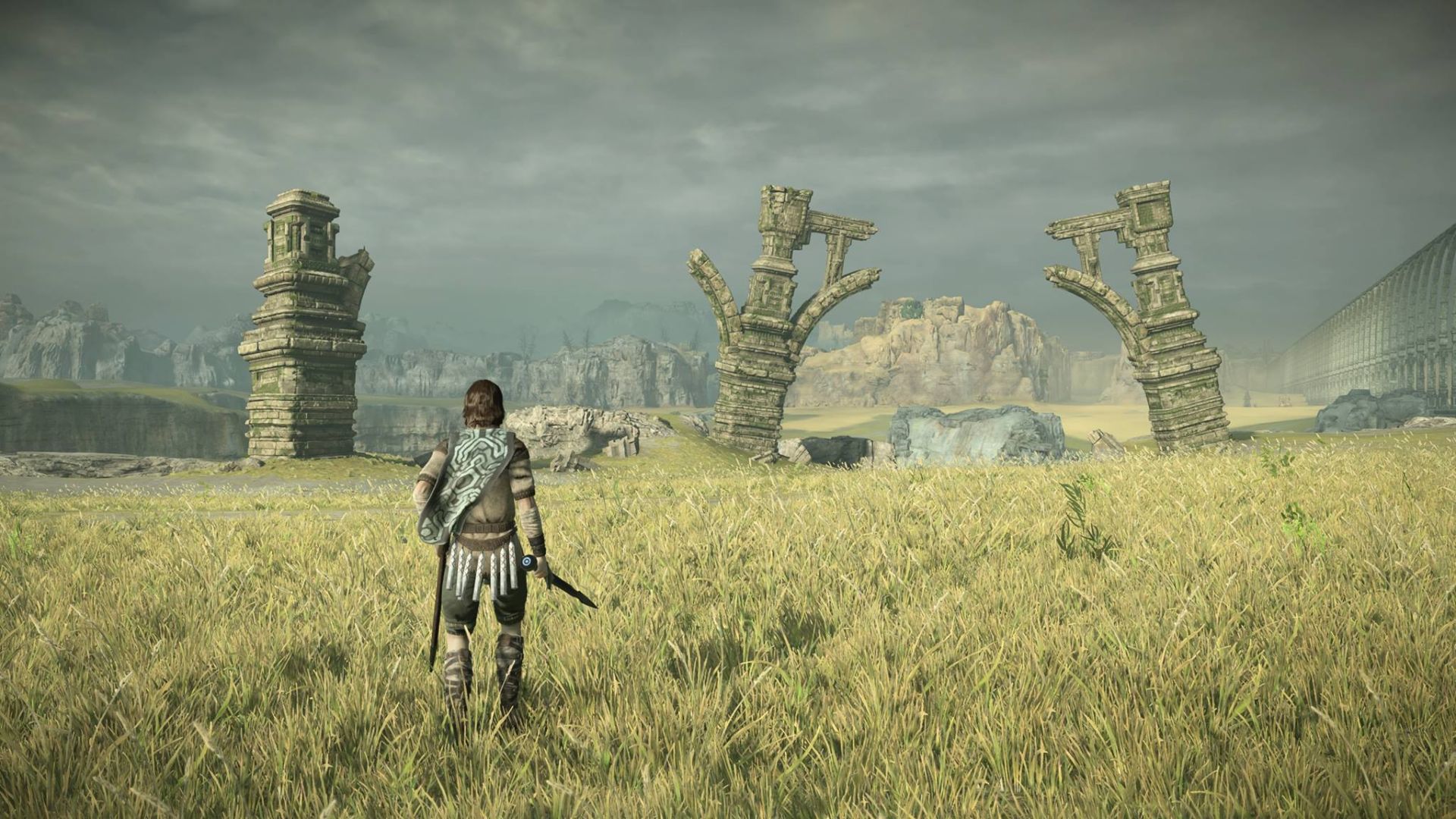The Games Industry's Borrowed Ideas: A Cycle of Iteration
Fumito Ueda, the visionary director behind The Last Guardian and Shadow of the Colossus, has a profound message for game developers. "The era of game mechanics is over," he says. "I wonder if we are no longer in the era where we need to provide new devices or new game mechanics every single game."
This statement resonates deeply with the industry's reliance on borrowed ideas and iterative design processes. While Ueda himself has been inspired by earlier games, such as Ico and Shadow of the Colossus, his approach to game development emphasizes the importance of refining existing mechanics rather than introducing entirely new ones.
"Even if the mechanics are not new, you can focus on the feel and art," Ueda explains. "Whether you like it or not, it's better to sharpen the existing mechanics."
This perspective is echoed by other industry professionals, who acknowledge that iteration and refinement are key to delivering high-quality gaming experiences.
Justin Negrete, a senior lead campaign designer for Black Ops 6, agrees with Ueda on LinkedIn. "It's not like we should stop trying, but let's focus on making a polished and well-designed experience first and foremost," he writes. "Very few things are 'wholly original' anyway… By applying our own lens with 'borrowed' mechanics, we can focus on delivering better and better overall experiences."
The success of the games industry is built upon this cycle of iteration and refinement. Developers learn from their mistakes, gather feedback, and upgrade their technology to create improved experiences.
"The making of every game is a cycle," explains Negrete. "We learn lessons about what we'd do differently next time, and get a pile of feedback from journalists and players." This process enables studios to refine their designs, strip away the parts that didn't work, and double down on the core magic of the game they made the first time around.
The evidence is clear: videogame sequels are often better than their predecessors. Try playing the first two Assassin's Creed entries back to back, or Watch Dogs 1 and 2. The difference is night and day – quite literally in the latter case, as Ubisoft realized that toylike hacking mechanics played far better in sunny San Francisco.
Of course, not all studios have access to the same level of resources and expertise as AAA teams. Indie developers often rely on novelty to stand out in a crowded market. Once an indie hit breaks through, big-budget developers seize on those innovations and polish them up for a wider audience – the way PUBG gave us Warzone, and Escape from Tarkov gave us DMZ.
"Instant gratification in gaming has become a problem," says Jeremy, a freelance editor and writer with a decade's experience across publications like GamesRadar, Rock Paper Shotgun, PC Gamer, and Edge. "The pipeline of indie hits is crucial to keeping AAA teams on their toes."
